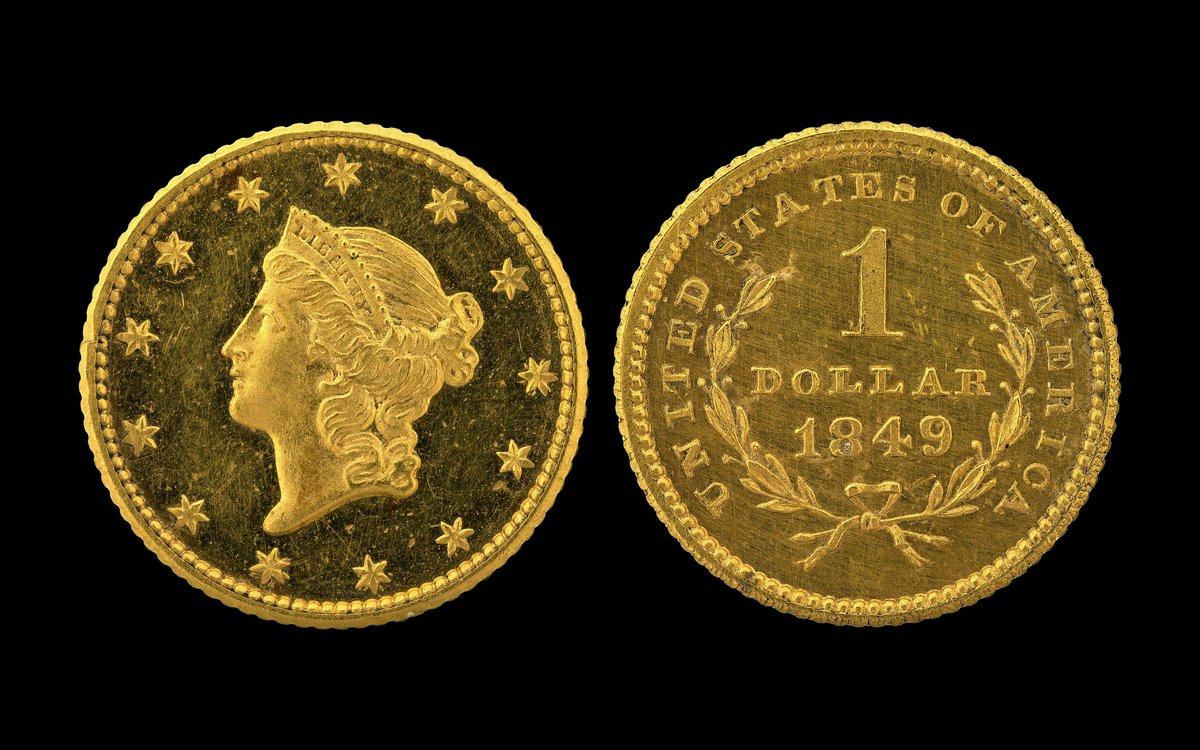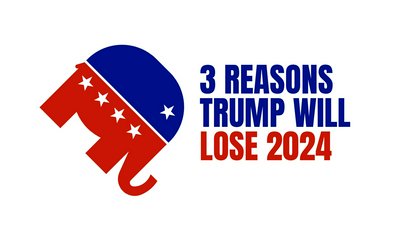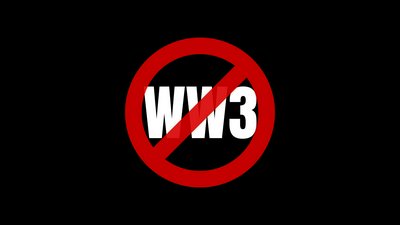economyParis
50 Years of Transitory Fiat System: The Danger of Spectacular Collapse
50 years ago, Nixon closed the Gold Window, defaulting on US liabilities. 50 years later, the Fed is cornered, and the danger of a spectacular collapse of the USD is something that we must be prepared for.
Published by Dr Jiulin Teng on 15 Aug 2021

Fifty
years ago to the day, Richard Nixon closed the "Gold Window", essentially
defaulting on US liabilities. At the time, Nixon promised, and his actions
suggested that he and his administration to some extent believed, that it was "temporary". This was the initial reckoning of the Triffin dilemma, though a
great part of the inflation in those years were the direct result of funding
the Apollo Program (by JFK), the Great Society programs (by LBJ), and the
Vietnam War (id.) by money-printing (as opposed e.g. to the Marshall
Plan). It was followed by a decade of devastating inflation that saw gold price
rise from $36 to a high of over $800 in 1980.
Fifty
years later today, the Fed is stuck between the prodigious rock and hard place: If it does not significantly raise the
interest rate and correct course on its reckless monetary policy (that includes
the direct purchase of speculative assets and junk bonds), inflation is almost
certainly going out of control. In a high- / hyper-inflationary environment,
the US economy will buckle (with bloating "GDP" numbers), and the
dollar-dominated fiat system will collapse. On the other hand, if it does these
things, the pressure on the largest asset bubble of global financial history that
coincides with one of the worst debt burdens (public and private), both the
result of the disastrous monetary policy led most notably by Greenspan and
Bernanke, is almost certainly going to cause a spectacular collapse of the
dollar-led financial system. The only difference is that in the latter case the
world is saved of a lot of acrimony caused by inflation, as it will be a
deflationary event that benefits savers.
The Post-Dollar Dilemma
Some
people wish for the collapse of the dollar. I, however, want to point out that
this is almost certainly a case of "Be careful what you wish for":
While
the fiat system has devastated three generations of young people, increasingly
depriving them of upward mobility in a stale state that violates all economic
principles that classical economists of the 19th century opined about, it is an
orderly replacement that we should be wishing for. However, an often-overlooked
aspect of the fiat system is that the same forces that lead to the eventual destruction
of the system also prevents a replacement from being formed. As of today, there
is no viable alternative to the dollar, as every currency in circulation is
based on nothing but air.
In
other words, an orderly replacement is almost certainly not going to happen.
Instead, we will most likely have to suffer the global consequences of 50+
years (at the time of collapse) of the sins of the fiat system.
I
will discuss my thoughts on what countries can do to alleviate the shock to
their economies in the aftermath in future posts.



